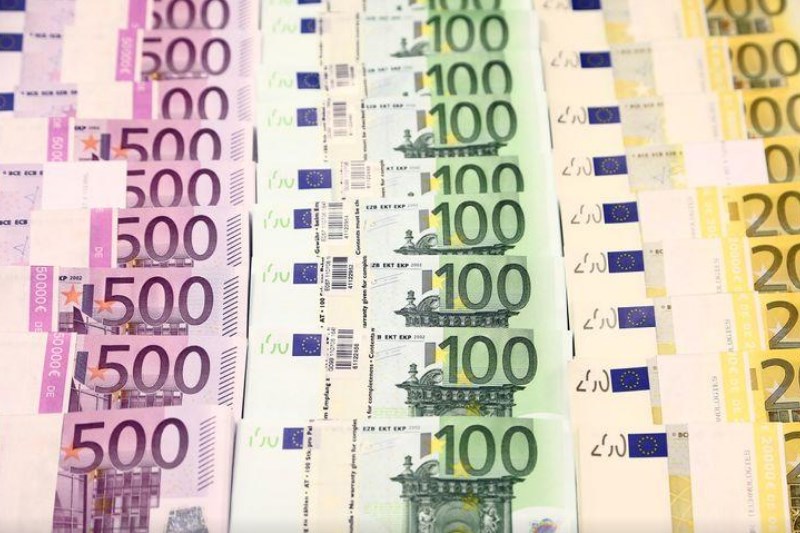BETA Technologies launches IPO of 25 million shares priced $27-$33
Investing.com -- The euro currency has seen a boost following President Donald Trump’s recent decision to impose additional tariffs on Canadian steel and aluminum imports. The U.S. president announced a 25% increase in duties, bringing the total to 50%. This move, which came into effect on Wednesday, has caused a stir in global trade and resulted in market reactions that reach beyond the metals sector.
In the wake of this announcement, the euro experienced a 0.7% increase against the US dollar, reaching $1.091. Nigel Green, CEO of global financial advisory firm deVere Group, highlights that this situation underscores the influence of geopolitical realities on currency markets. Green suggests that Trump’s aggressive protectionist stance is currently favoring the euro.
The impact of these trade tensions extends to a broader narrative concerning the state of the U.S. economy under Trump’s leadership. According to Green, investors are starting to account for the risks associated with a more fragmented global economy, including potential supply chain disruptions and inflationary consequences in the U.S.
In Europe, optimism is returning to the markets due to reports of German policymakers nearing a defense spending agreement, and an overall increase in defense spending across the continent, partially driven by Trump’s rhetoric. Green suggests this combination of eurozone fiscal expansion, triggered by Trump, and dollar weakness, is creating ideal conditions for a stronger euro.
In response to Trump’s economic strategy, currency traders and institutional investors are adjusting their portfolios. The dollar index, which evaluates the greenback against major currencies, has declined to its lowest level since October, suggesting potential further weakness.
A stronger euro enhances the appeal of European assets. Green notes that stock markets in Germany and France, often seen as indicators of economic confidence, are attracting renewed global investor interest. Concurrently, European sovereign bonds are regaining appeal as a hedge against U.S. volatility.
Green explains that the Trump effect on currencies is creating clear opportunities for those who act promptly. Euro-denominated assets, such as equities, bonds, and alternative investments, are becoming more popular as the U.S. grapples with the risks of economic nationalism.
Green concludes that markets are interpreting Trump’s economic strategy as a reason to shift capital away from the U.S. and toward Europe. He advises investors to brace for more volatility, but also to be aware of strategic opportunities resulting from these significant shifts.
This article was generated with the support of AI and reviewed by an editor. For more information see our T&C.
